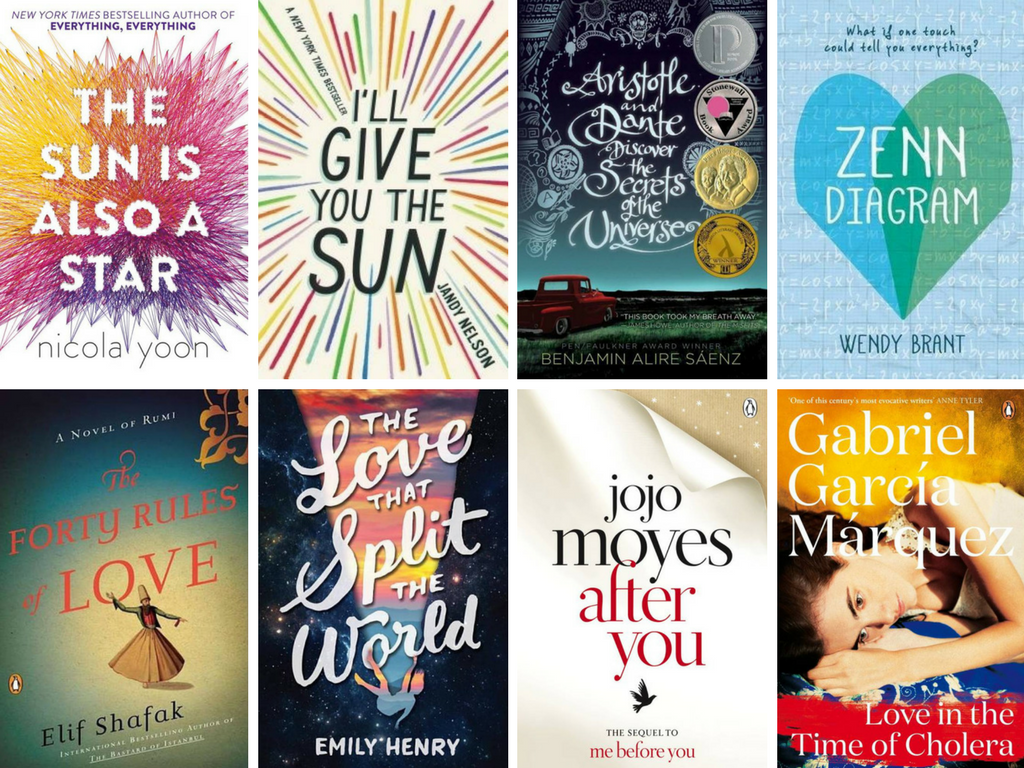- Echoes of the Soul explores love, loss, hope, and resilience. Which theme do you personally connect with the most?
For me, resilience stands out as the most personal connection. I believe it’s the thread that weaves through the other themes, enabling us to navigate life’s challenges, including love, loss, and hope.
2. How do you hope readers will relate to and interpret your poetry?
I hope readers will find a reflection of their own emotions and experiences in my poetry. My intention is for ‘Echoes of the Soul’ to be a universal and personal journey, where readers can interpret and connect with the words in their own unique way.
3. As a social worker and child counsellor, how do your experiences shape your writing?
My experiences as a social worker and child counsellor have deeply influenced my writing, allowing me to tap into the complexities of human emotions and relationships. Witnessing resilience and hope in the face of adversity has inspired me to craft authentic, empathetic, and meaningful poetry.
4. You wear many hats—motivational speaker, editor, NGO manager—how do you balance all these roles with writing?
Balancing multiple roles can be challenging, but I’ve learned to prioritise and compartmentalise. Writing is my sanctuary, and I carve out dedicated time for it. My diverse experiences actually fuel my creativity, and I find that they inform and enrich my writing.
5. Poetry often comes from deep emotions. Was there a particular moment in your life that sparked your love for poetry?
You don’t actually need a particular moment or incident to let your love for poetry flow. Actually, we all carry certain amount of pent up emotions and the methodology to let them pour out varies from person to person as everyone chooses different medium to release the bottled up emotions. I chose poetry, and yes the echo of words is indeed very impactful.
6. Do you follow a particular writing process, or do you write whenever inspiration strikes?
I’m a spontaneous writer, often guided by emotions and intuition. I write whenever inspiration strikes, allowing my thoughts and feelings to flow freely onto the page. This organic process helps me tap into the authenticity and vulnerability that I strive for in my poetry.
7. What poets or writers have influenced your work the most?
I’ve been deeply influenced by the works of Rabindranath Tagore, Maya Angelou, and Rupi Kaur. Their poetic voices, which weave together themes of love, loss, and resilience, have inspired me to craft authentic and emotionally charged poetry.
8. Are you planning another book? If so, can you share any hints about your next project?
Yes, I’m already working on my next book. It’s still in its nascent stages hence I can’t reveal much but yes it would focus on human bonds.
9. How do you see poetry evolving in today’s digital world?
I believe poetry is thriving in the digital age. Social media platforms have democratized poetry, allowing diverse voices to be heard and amplifying the reach of this ancient art form. The digital world has also enabled new forms of poetry, such as spoken word and Instagram poetry, to emerge and flourish.
10. What role do you think literature and poetry play in social change and mental well-being?
I firmly believe that literature and poetry have the power to transform lives. They provide a platform for marginalised voices, spark empathy, and inspire social change. Additionally, poetry offers a therapeutic outlet for processing emotions, fostering mental well-being, and promoting self-reflection and healing.



























